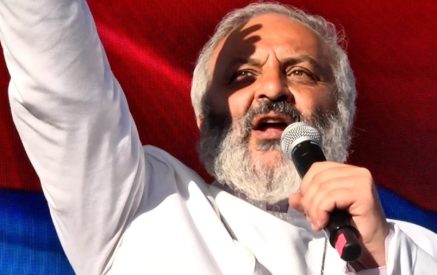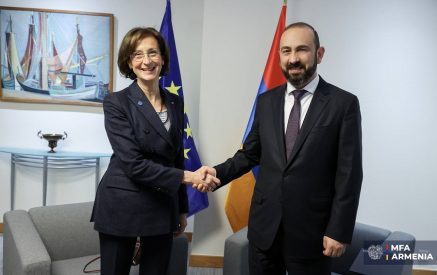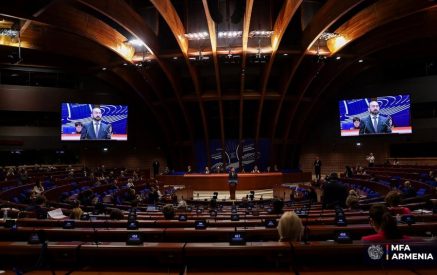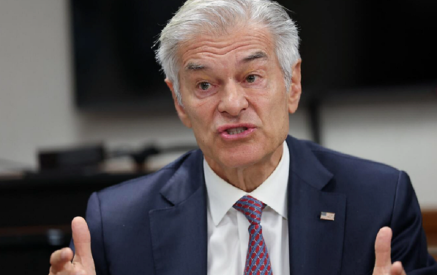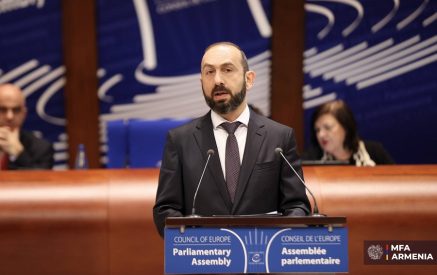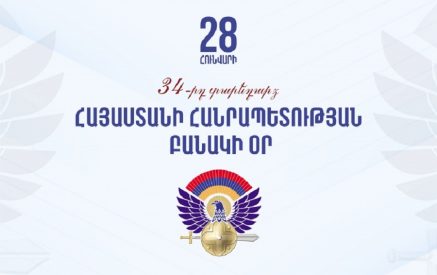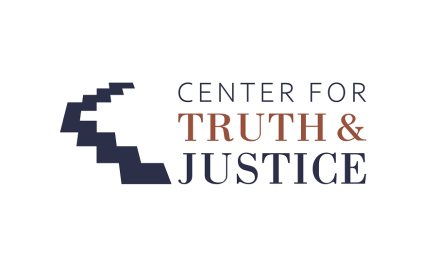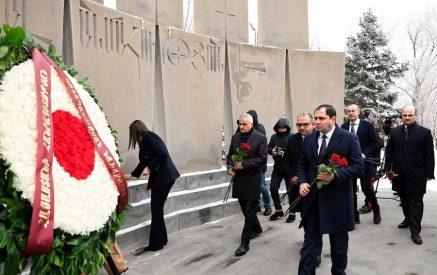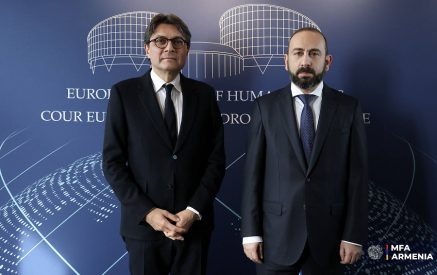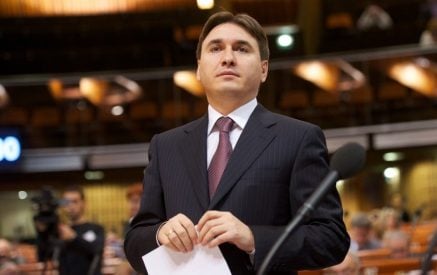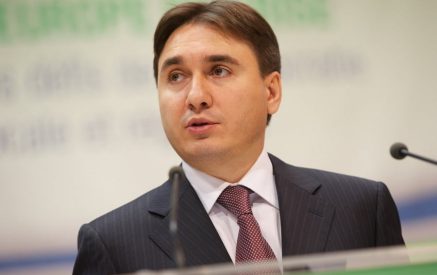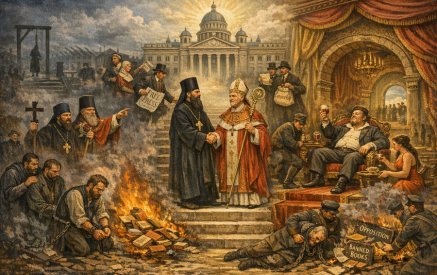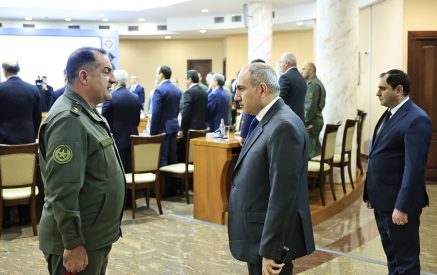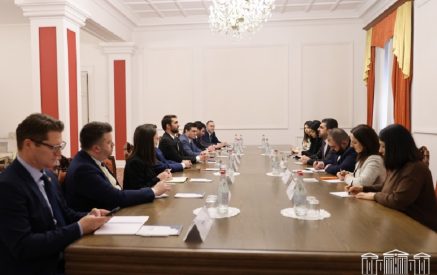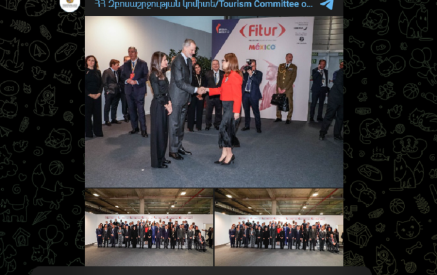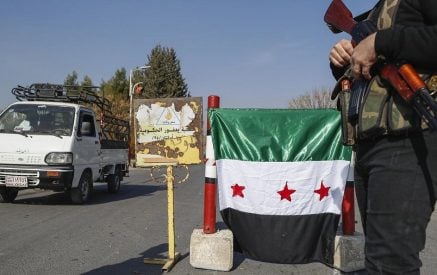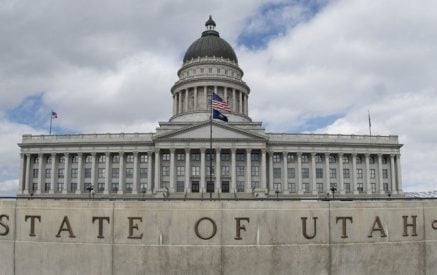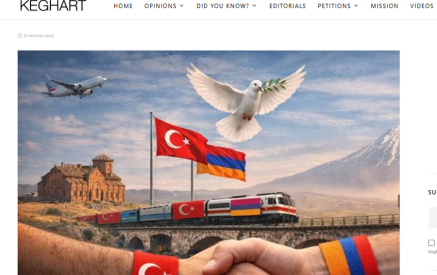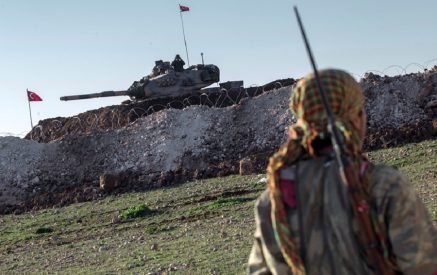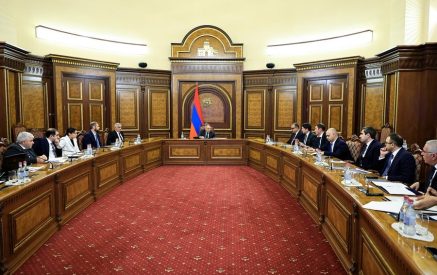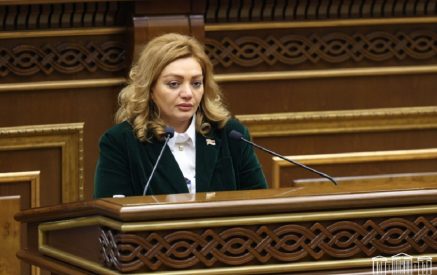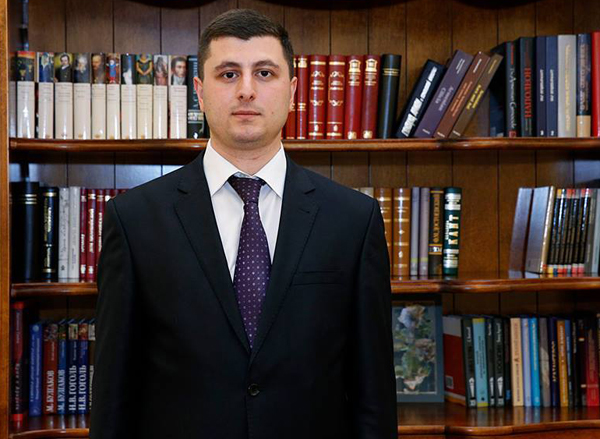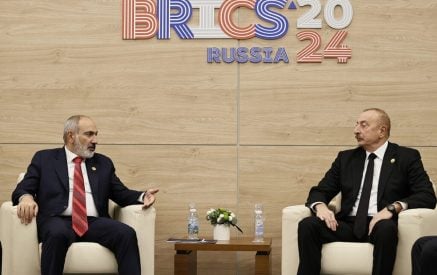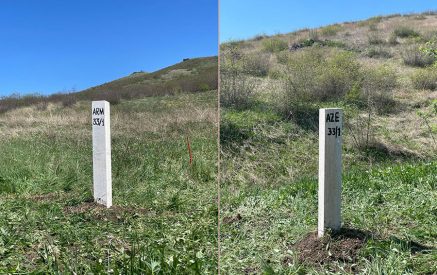Political scientist Tigran Abrahamyan to second the president
– The four-day war in April significantly changed the situation in terms of the prospects for the peaceful settlement of the Nagorno-Karabakh conflict. The situation persists tense on the border from April until now. Baku continues to avoid the fulfillment of agreements reached in Vienna and St. Petersburg. If we try to sum up, what results did the Armenian and Azerbaijani sides affix for them in 2016 in the Nagorno-Karabakh settlement process?
– In April 2016, the failure of negotiations was finally affixed. Still in 2011, in Kazan, during the meeting of the Presidents of Armenia and Azerbaijan by the initiated of the then President of Russia Dmitry Medvedev, the parties seemed to be close to reaching an agreement on the principles underlying the negotiation process. However, at the last moment, Azerbaijan rejected the initial agreement and came up with 10 new offers. These offers actually were contrary to the basic principles and approaches underlying the talks which essentially meant affixing the failure of this “round”. After the Kazan round, the mediating countries were trying their best to show that negotiations are underway. However, it should be noted that “the Kazan failure” prepared a fertile soil opening a way to hostilities in April. This was due not only to the situation in the process but also being helpless in de-escalating the situation by mediators which led to the resumption of the hostilities. I estimate it as a disability of Azerbaijan’s actions in the frontline, especially in 2015, clearly indicated that the situation is coming out of control while the mediators realizing it were unable to prevent it.
– The negotiations have reached a stalemate. The presidents’ meeting which was talked about for a long time does not take place. Recently, after the meeting in Hamburg, the OSCE Minsk Group Co-chairs have declared that if the presidents of Armenia and Azerbaijan do not show the will to return to the negotiation table and record results, the probability of conflicts will grow and the responsibility will fall on the parties. Does this mean that the co-chairs, so to speak, “wash their hands” by leaving the further developments to the discretion of the parties?
Read also
– Firstly, about the meeting of the presidents. Unless the agreements reached in Vienna and St. Petersburg meetings are implemented, or Azerbaijan will not voice a positive signal in any way, the meetings by this level will be meaningless. Maybe at some round, a meeting will be held to avoid the development of the conflict but at this point, the logical grounds for such a meeting not to happen are more substantiated. The fact that the co-chairs are trying to find ways to solve the situation is a fact. The activeness is visible at different levels but not always successful, moreover, not by their fault. I would not like to describe it as “hand washing” however, we must realize that the mediators still fail to bring Azerbaijan back to the negotiation table, and as a result, the resumption of negotiations goes wreck. Declaring about the likelihood of the conflicts, the mediators are diagnosing the real situation rather than go by the way of imitation, the way it happened after 2011 which resulted in the known events in April.
– What do you think, what RA President Serzh Sargsyan meant by saying at the meeting with the intellectuals in Nagorno-Karabakh that his visit to Nagorno-Karabakh is an inner compulsion, “Now, it is the time when both the army, the population and the citizens of Nagorno-Karabakh should be ready to pass through a hard time…”?
– Serzh Sargsyan’s interviews and statements on Nagorno Karabakh conflict settlement, as a rule, are flexible because in many cases, he openly speaks of everything that is not contrary to the principles of confidentiality of the negotiations. When there are no negotiations and Azerbaijan is openly preparing for the next “round” of hostilities, it is very important for the public to assess correctly of what we have. Not only the army, the political elite but the whole society should realize the truth and all available risks for to be able to be ready at any time for all possible options of the development of events. It is clear that by saying a “hard time” we must also understand the complex transitional period conditioned by constitutional amendments, however, the number one risk is the resumption of military operations.
– What are the possible expected developments in 2017 on Karabakh issue?
– We are going to face a hard time: the upcoming parliamentary elections in Armenia in 2017, the transitional period resulting from the process of constitutional reforms, the transition from the presidential to parliamentary, the absence of negotiations, and generally, the available uncertainty in the negotiation process, the economic challenges in Azerbaijan and the consequences thereof make the situation more unpredictable. It is necessary to make an in-depth analysis of the processes and look at the events also in a different light, learn lessons from the past and move ahead.
Nelly GRIGORYAN


